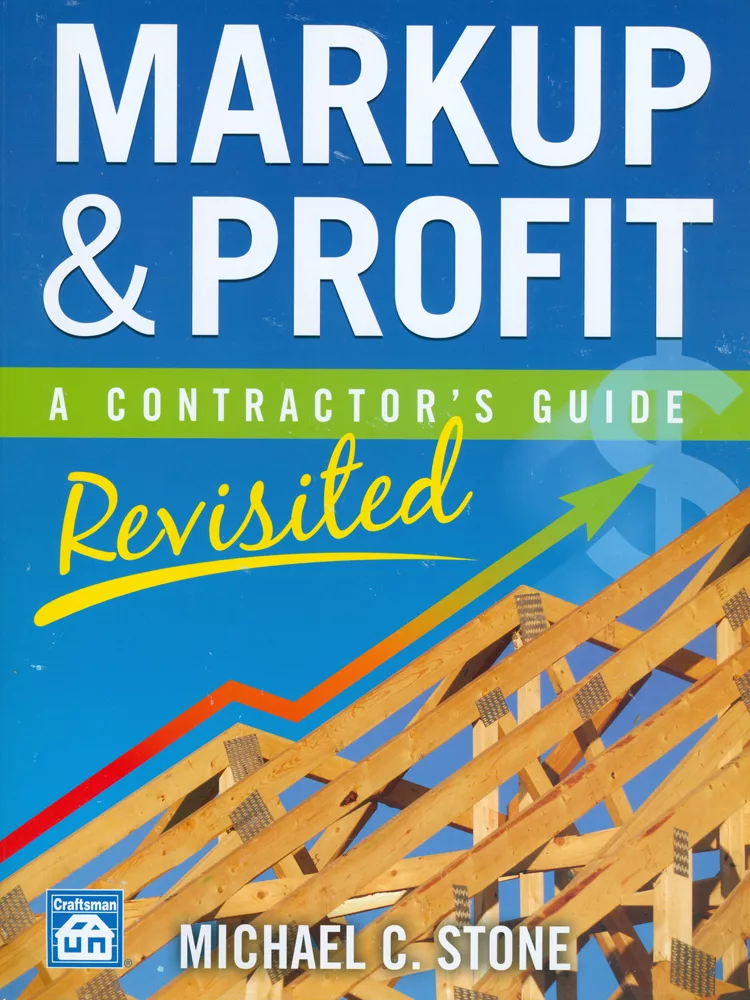Editor's Note: New Technology, New Rules
Some recent changes impacting the supply chain that supports the roofing industry are worthy of note.
Savvy manufacturers and distributors continue to develop all manners of estimation and technical services that only a few short years ago would have been extremely costly and virtually impossible to deliver in real time. Manufacturers and distributors servicing roofing contractors are also offering enhanced online ordering and bill payment options. There is nothing new about paying online, but having a system that gives the contractor the option to specify payments per specific projects or invoices while noting any discrepancy or other anomaly is emerging as a real win-win. If you are not presently engaged, you may want to check into it.
When it comes to changing things around, the government always seems ready to do its part. Several new rule changes are going to impact the transportation and materials handling aspects of the roofing supply chain.
The U.S. Department of Transportation’s (USDOT) Federal Motor Carrier Safety Administration’s (FMCSA) Compliance, Safety, Accountability (CSA) program continues to raise the bar on all truckers, both private and for-hire. The reality of the roofing supply chain is that it moves almost exclusively on trucks. The shortage of qualified commercial motor vehicle drivers in this country went on throughout the Great Recession and only promises to grow in light of these rising standards and increasing demand for roofing products in the expanding economy.
The CSA program is good for everyone on the road. It will ultimately make it very difficult for bad actors to take the wheel on the same road that you and I and our families use every day. The new standards set by the CSA program are, however, going to separate the men from the boys. Over time, only qualified professionals will be allowed to drive.
The FMCSA began enforcement of new Hours of Service (HOS) rules on July 1. The new rules require carriers to change the way they dispatch loads, as drivers will be subject to mandatory breaks during the day and specific break periods during their “restart” cycle. The ruling takes away some flexibility when it comes to dispatching loads of roofing, especially those timed to hit jobsites at specific times. Check with your supplier to see how this might impact your preferred delivery schedules.
HOS rules have been debated for years and will continue to be debated and challenged in court. I think the mandatory breaks during a shift are sensible, but the redefining of the restart period was not helpful.
All this makes me wonder: What would the world be like if roofers, like commercial truck drivers, were required to be licensed individually? What if they had to take written tests and undergo live evaluations of their work? It’s not likely I’ll see it in my lifetime, but it’s an interesting concept.
For more information, check out these links:
Looking for a reprint of this article?
From high-res PDFs to custom plaques, order your copy today!






